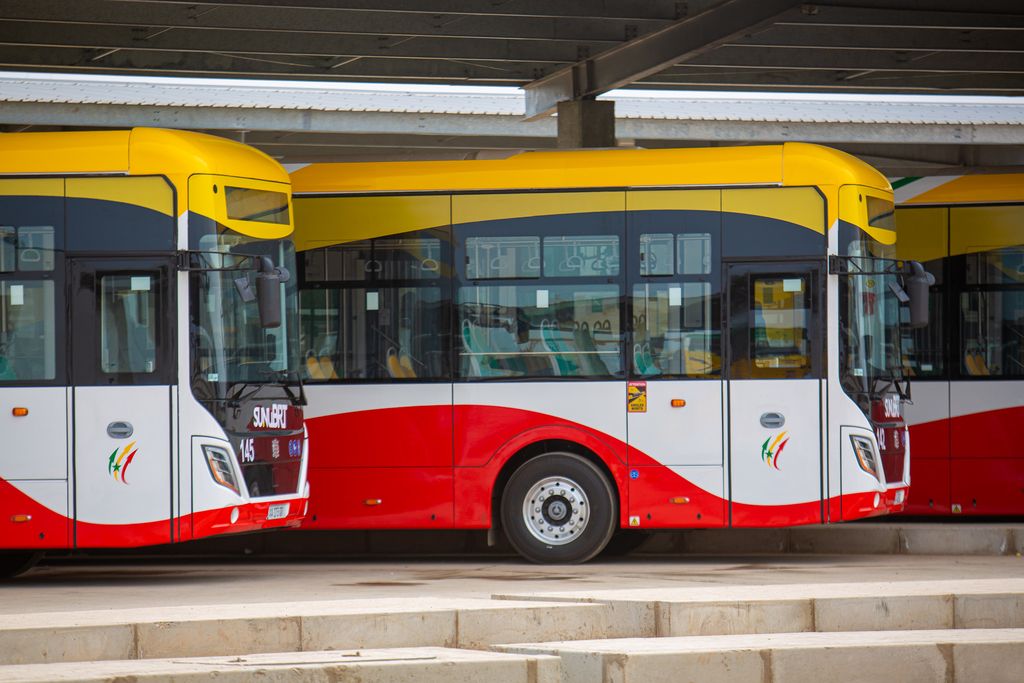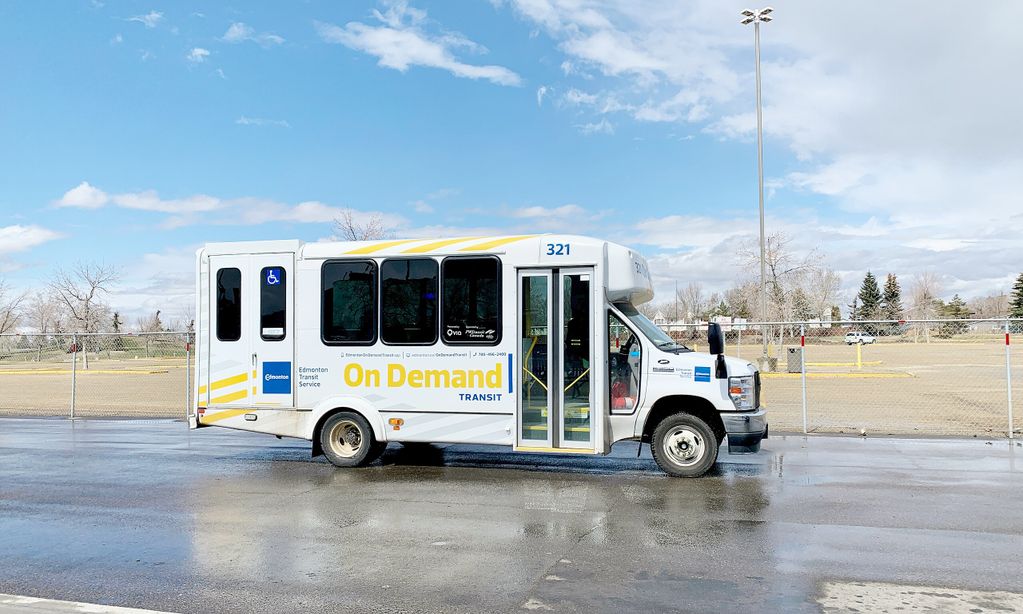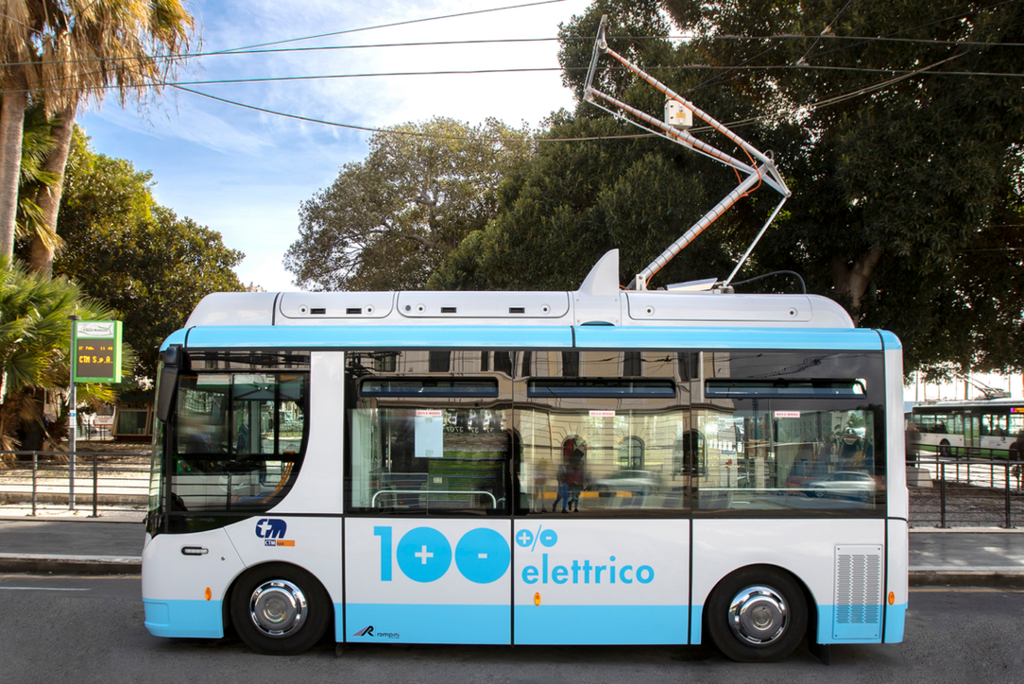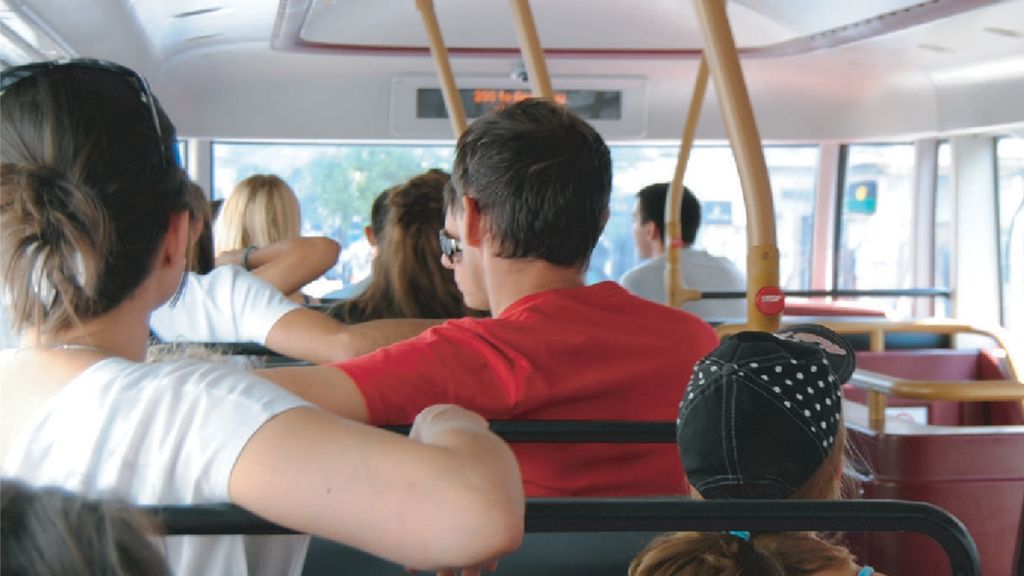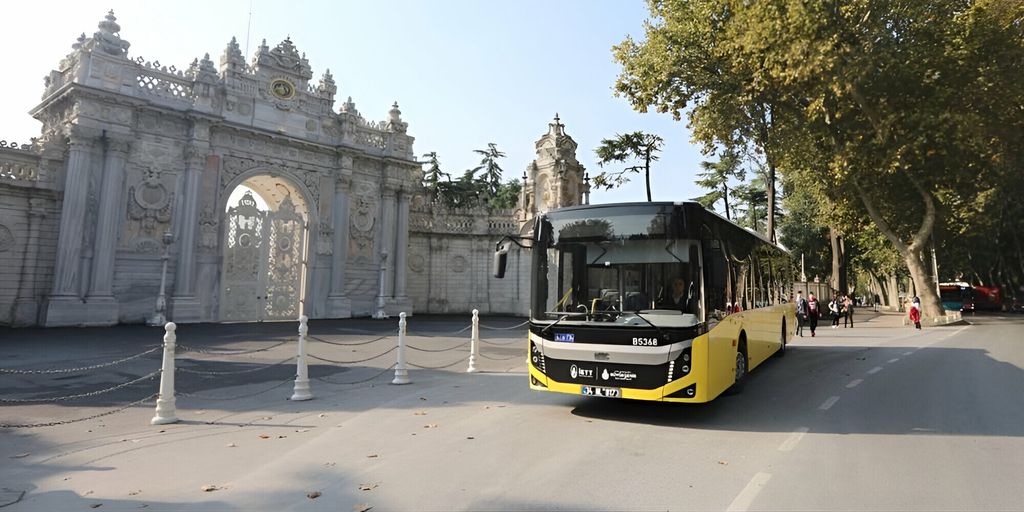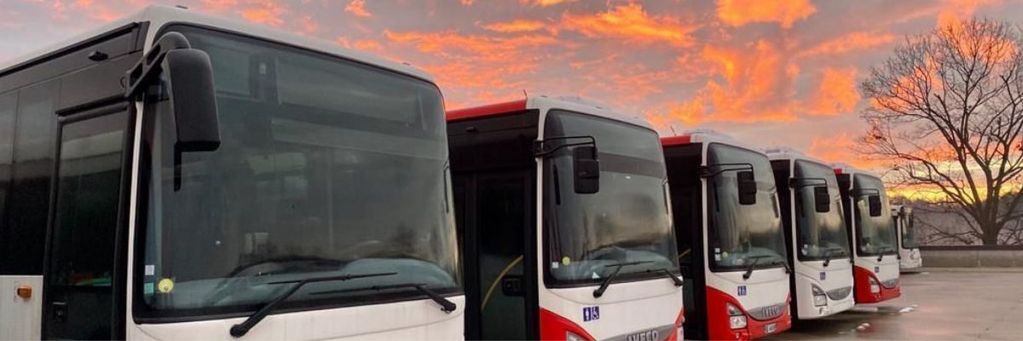
A study on the secondhand city bus market in Europe
Shedding light on the current mechanisms surrounding lifespans of city buses
Strict requirements for local emission reductions, extensive environmental regulations and higher expectations on passenger comfort have led to a widespread demand for only brand new or newer buses in fleet renewal schemes. Subsidies for clean and zero emission vehicles acquisition in EU countries have provided further incentives refraining operators to keep buses longer in operation, as costs for more intense refurbishment and heavier maintenance (OPEX) are less advantageous compared to the cost of acquiring new vehicles (CAPEX).
But what happens to ageing buses with higher emissions standards and still operating within their lifespan? UITP, in partnership with the European Investment Bank (EIB), carried out a study on the secondhand bus market to capture the practices and policies of different European cities about end-of-life practice on 12-metre diesel city buses with the help of UITP members and organisations.
This Knowledge Brief presents an overview of this study and a brief outlook on the future of secondhand buses.
exclusive resources




